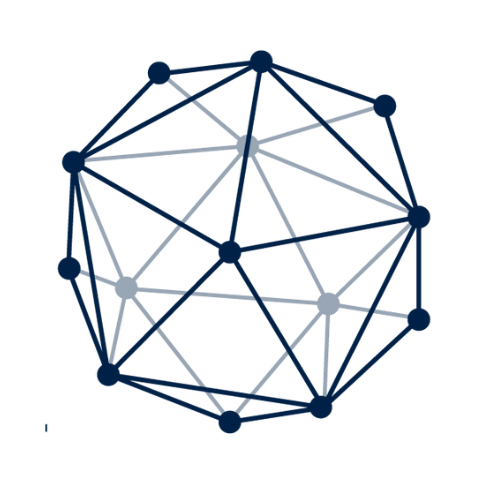
Led by the inventor of the web, this programme puts adults and children back in charge of their personal information.
The Challenge
“Individuals have the right to make informed decisions, and not have their online experience manipulated.”
Online platforms routinely collect and monetise personal data, often without people’s full awareness or consent. This creates deep power imbalances, particularly for children, whose digital experiences are shaped by algorithms and profiling. Many existing tools focus on restriction and monitoring, but offer limited support for autonomy.
Senior researcher Dr Jun Zhao highlights the scale of the issue:
“In the age of AI, children are growing up surrounded by digital technologies, their online activities constantly exploited by large platforms and their particular business models. Sections of society such as gig workers also have their livelihoods dictated by online platforms — they are under constant surveillance and enormous pressure.”
The Approach
Led by inventor of the World Wide Web, Professor Sir Tim Berners-Lee, and Professor Sir Nigel Shadbolt, the Oxford Martin Programme on Ethical Web and Data Architecture is developing technologies that give people more control over how their data is collected, stored and used. It explores privacy-preserving methods for personal data storage, and works closely with real users, including children and families, to design tools that support understanding, agency and choice.
As Sir Tim Berners-Lee explains, the team is rethinking the very foundations of how the web handles personal data:
“A lot of people living through this kind of experience feel there’s nothing they can do about it, but individuals have the right to make informed decisions, and not have their online experience manipulated.”
The Impact
- Two early-stage tools have been developed and piloted to support greater awareness and autonomy around data:
- The KOALA Hero Toolkit was co-designed with families to help them better understand how children’s data is collected and used. Pilot testing showed that it encouraged open conversations about data risks and supported more confident decision-making.
- CHAITok is a prototype social media app designed to give children greater control over their data. With an interface similar to TikTok, it allows users to manage what personal information is collected and how it influences the content they see — all within a private data environment they control.
The programme is continuing to explore how tools like KOALA and CHAITok might be further developed, while also advancing its research into privacy-preserving AI and systems that enable people to manage their own data.
Reflecting on the programme’s broader vision, Professor Sir Nigel Shadbolt concludes:
“The technical architecture of the web has evolved through time. We are exploring new architectures that could produce a more equitable web, empowering users and giving them agency over their data.”

